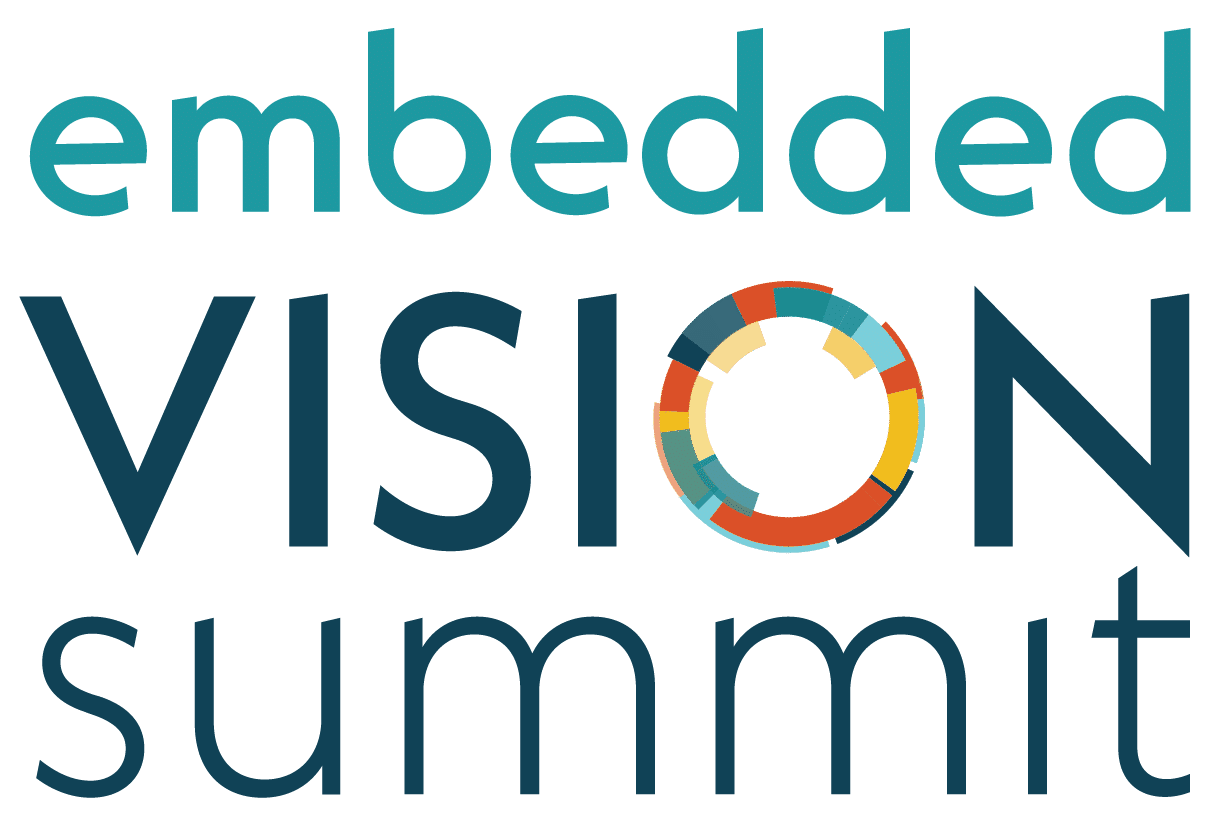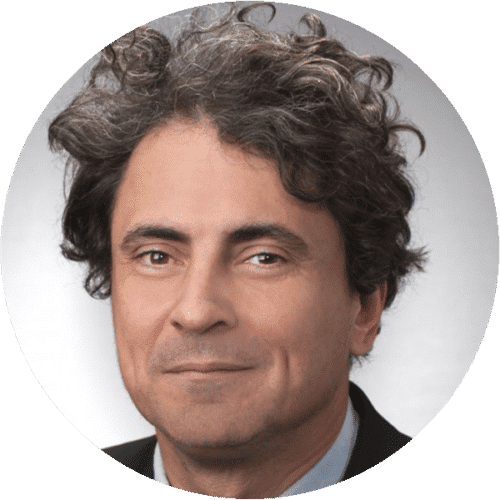Ryad Benosman is a Professor at the University of Pittsburgh and an Adjunct Professor at the CMU Robotics Institute. He received the M.Sc. and Ph.D. degrees in applied mathematics and robotics from the University Pierre and Marie Curie in 1994 and 1999, respectively. He is widely recognized as a pioneer and visionary in neuromorphic event sensing and processing.
Dr. Benosman’s primary research goal is to understand the algorithms and mathematics that underlie cortical computation, with the aim of creating new mathematical models and replicating them as functional neuromorphic silicon devices. Dr. Benosman runs a unique research laboratory that dramatically changes the conventional approach to engineering in this field. He records brain activities to derive new mathematical models that can be used to replicate the relevant portions of the brain in hardware. This work is seen as a new paradigm of applied neuroscience that merges several traditionally separate fields, such as mathematics, neurosciences, engineering, medicine and hardware design. Dr. Benosman’s work has led to new bioinspired models for AI techniques and sensors that are widely used in academia and industry. He has authored more than 200 peer-reviewed papers and 25 patents, which together form the basis of the field of neuromorphic processing and cognition.
Another important aspect of Dr. Benosman’s research is applying these technologies for use as interfaces to the human brain. His group has developed several generations of neural implants and optogenetic stimulation devices that are currently being used in clinical trials. More recently, he has been applying his work to decoding movement intentions from motor cortical neural recordings.
Dr. Benosman has launched several companies that utilize his group’s innovations. These include Pixium Vision (retina prosthetics), Prophesee (neuromorphic event-based cameras), ThinkLink (motor cortex intention decoding to restore mobility for tetraplegic patients), Gensight Biologics (optogenetics stimulation technologies to restore vision for blind patients), and AthenAI (event computation and sensor fusion).



